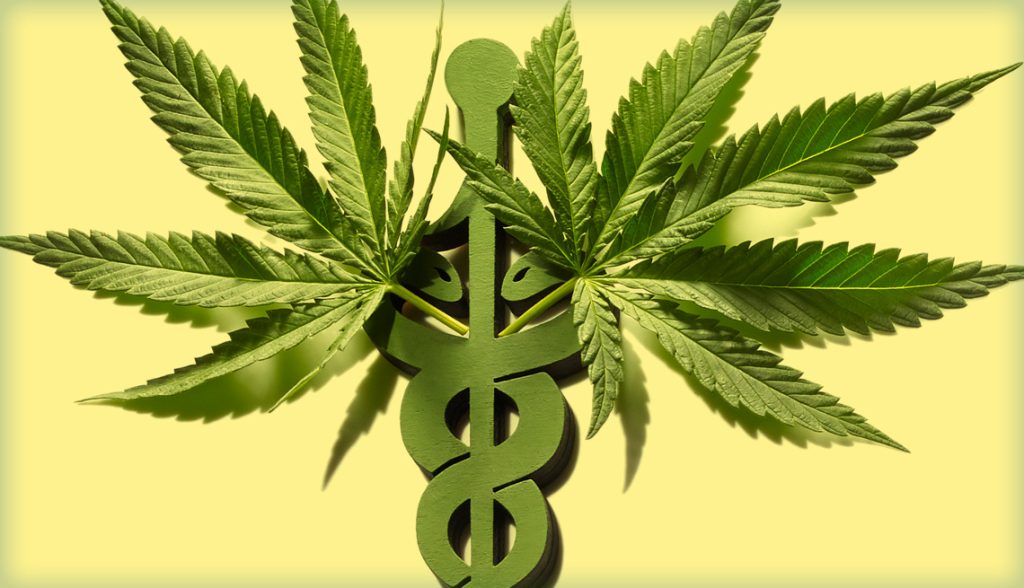If you believe that the properties of cannabis can deal with your current health condition, you must consult a medical marijuana doctor. The use of medicinal cannabis differs. It also has different effectiveness for various conditions, from one person to another.
Here are some health conditions that medical cannabis investigated include:
- Chronic Pain. Medicinal cannabis used to alleviate chronic pain, and some other health conditions like:
- arthritis
- fibromyalgia
- neuropathic pain
- Multiple Sclerosis (MS). Some studies suggest that medicinal cannabis helps reduce health conditions:
- Muscle spasms
- Pain
- Other symptoms
- Epilepsy. Those high in CBD promise in decreasing the frequency and severity of seizures. It also deal in some forms of epilepsy, namely:
- Dravet syndrome
- Lennox-Gastaut syndrome
- Cancer-Related symptoms. Medicinal cannabis can help with side effects of cancer treatment, including:
- Nausea and vomiting
- Appetite stimulation
- Nausea and vomiting. It often helps with cancer patients undergoing chemotherapy or individuals with HIV/AIDS.
- Anxiety and PTSD. Some individuals find relief from symptoms:
- Post-Traumatic Stress Disorder
- Anxiety
- Inflammatory Bowel Disease. Initial studies suggest medicinal cannabis helps relieve symptoms to some conditions like:
- Crohn’s disease
- Ulcerative colitis
- Neurological disorders. Research is ongoing regarding the potential use of medicinal cannabis for conditions like:
- Parkinson’s disease
- Huntington’s disease
- Amyotrophic lateral sclerosis
- Sleep disorders. Some people with insomnia or other sleep disorders reported improved sleep quality while under medicinal cannabis treatment.
- Palliative care. Medicinal cannabis helps boost the quality of life. Patients with terminal illnesses helps:
- reducing pain
- improving appetite
- addressing other symptoms
Aside from these health conditions, there is more to find out when you talk to a medical marijuana doctor.

Other health uses of medicinal cannabis:
- Anti-Inflammatory effects. Asthma involves chronic inflammation of the airways, so theoretically, cannabinoids could have a positive impact by reducing inflammation.
- Cough and sputum. Cannabis can have antitussive effects, meaning it might reduce coughing. It could be relevant for asthmatics who experience coughing as a symptom.
Is medicinal cannabis safe for everyone?
Medicinal cannabis, like any medical treatment, has been universally used and regulated, which can be safe for everyone. Several factors determine whether it is safe for a person, including:
- medical history
- current health status
- specific medical condition
There are essential points to consider when using medicinal cannabis:
- Individual variability
- Side effects
- Psychiatric conditions
- Respiratory health
- Cardiovascular health
- Pregnancy and breastfeeding
- Interactions with medications
- Dependency and addiction
- Age
- Driving and safety
- Legal status
Medicinal cannabis regulations contain various aspects, including:
- legality
- patient eligibility
- cultivation
- distribution
- prescription procedures
Qualified healthcare providers can help weigh the potential benefits against the risks. People can have different responses to cannabis. However, keep in mind that one person could have adverse effects for another.
Aside from the medicinal cannabis, you may be interested in recreational cannabis that may also require prescription.


